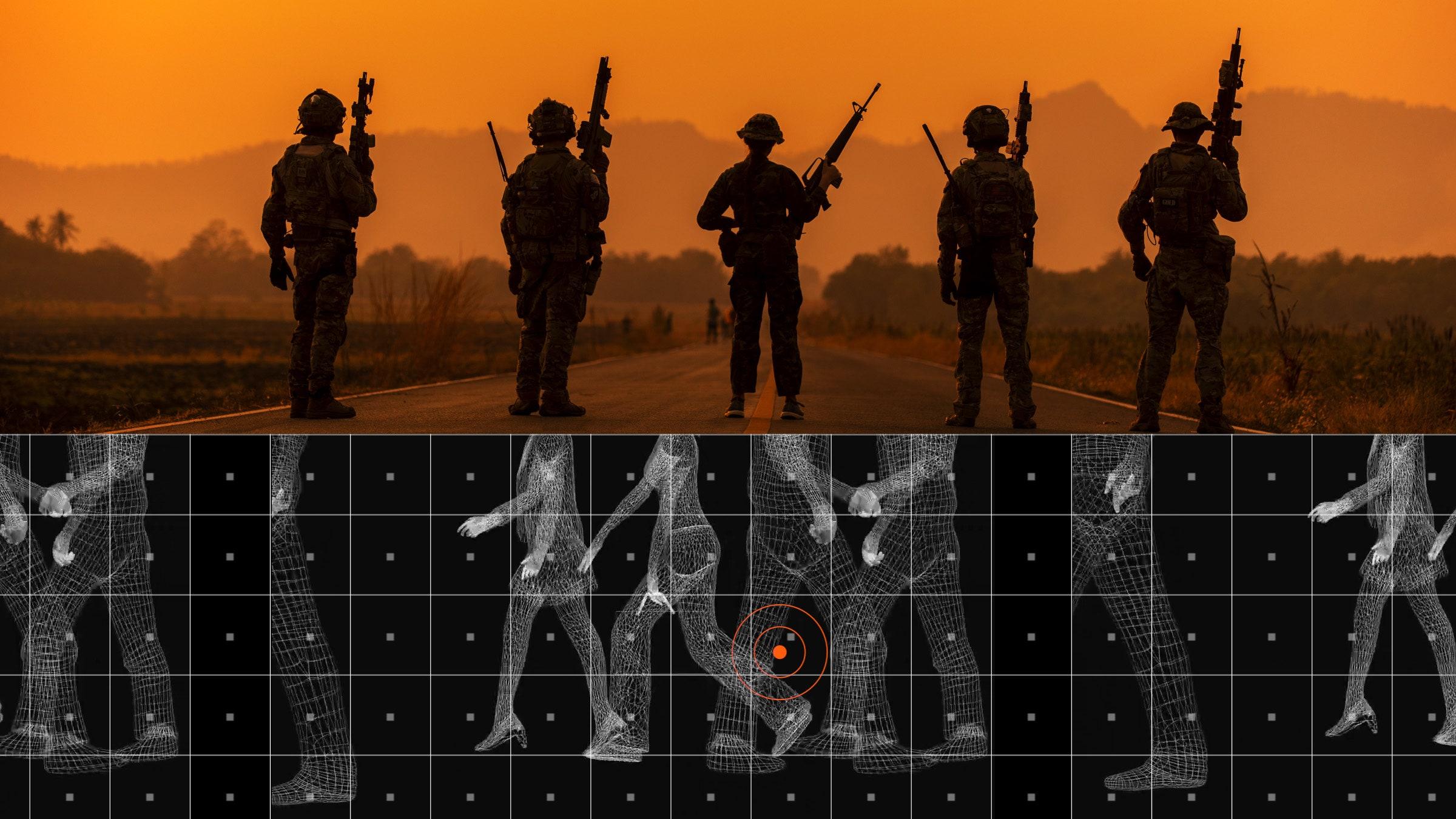AI-Powered Super Soldiers Are More Than Just a Pipe Dream
When we think of super soldiers, we often imagine characters like Captain America or Iron Man from the realms of science fiction. While such capabilities may seem far-fetched, advancements in artificial intelligence (AI) are opening up new possibilities for the creation of unstoppable human warriors. AI-powered super soldiers are no longer just a pipe dream.
The merging of AI and human capabilities has already revolutionized fields like medicine, transportation, and entertainment. And now, military organizations worldwide are harnessing the potential of AI to enhance their soldiers’ physical, mental, and strategic abilities. The vision of super soldiers may finally become a reality.
One of the key areas where AI is transforming the military is in combat training and decision-making. AI algorithms can analyze vast amounts of data and simulate real-world scenarios, allowing soldiers to train in hyper-realistic environments. This enables them to develop critical thinking skills, refine their combat techniques, and make split-second decisions in high-pressure situations. By continuously learning and adapting, AI-powered soldiers can rapidly improve their combat capabilities, making them more effective and efficient on the battlefield.
In addition to training, AI technology can significantly enhance a soldier’s physical prowess. Exoskeletons, which provide superhuman strength and endurance, are already being developed and tested by various military research organizations. These exoskeletons are powered by AI algorithms that process data from sensors, making movements more efficient and reducing physical strain on soldiers. This not only enhances their combat effectiveness but also reduces the risk of injuries and physical fatigue during prolonged missions.
Furthermore, AI-powered super soldiers can access a vast network of information and intelligence in real-time. They can receive updates on enemy movements, analyze data from various sources, and assess the strategic implications of different scenarios. This invaluable advantage enables soldiers to stay one step ahead of their adversaries, ensuring tactical superiority on the battlefield.
However, it is essential to acknowledge the ethical concerns surrounding AI-powered super soldiers. Questions regarding the transparency and accountability of AI algorithms, the potential for abuse, and the erosion of human decision-making must be addressed. The development and deployment of such technologies require international cooperation and comprehensive guidelines to prevent misuse and ensure ethical standards are maintained.
Additionally, concerns about the potential for AI to replace human soldiers entirely cannot be overlooked. While AI can undoubtedly enhance human capabilities, it is crucial to maintain a balance between man and machine. The human element in the military, with all its discernment, empathy, and moral judgment, must always be preserved.
AI-powered super soldiers may be closer to reality than we think, but their development must be carefully managed. This includes robust governance frameworks, ethics committees, and international collaboration to avoid the risks associated with unrestrained advancements in this field. Ultimately, the goal should be to leverage AI technology to augment human abilities and create a safer, more effective military force.
As technology progresses and AI becomes more sophisticated, the prospect of AI-powered super soldiers is becoming increasingly plausible. With the right safeguards and ethical considerations in place, these soldiers could transform the face of warfare. While we may not see a team of Captain Americas or Iron Men in the near future, the era of AI-powered super soldiers is undeniably on the horizon.
Hey Subscribe to our newsletter for more articles like this directly to your email.
